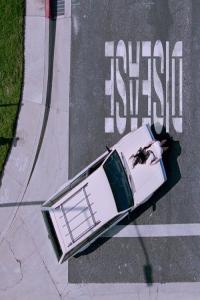Torrent details for "Moral Responsibility and the Flicker of Freedom [2023]" Log in to bookmark
Controls:
Language:
 English
EnglishTotal Size:
6.49 MB
Info Hash:
2c36cd855560bf6267f57048ba2a6d8c01260fa7
Added By:
Added:
19-01-2024 04:06
Views:
152
Health:

Seeds:
2
Leechers:
0
Completed:
345

Thought experiments of a sort devised by Harry Frankfurt are widely believed to be counterexamples to the principle that a person is morally responsible for what he did only if he could have avoided doing it. In Moral Responsibility and the Flicker of Freedom, Justin A. Capes challenges that widespread belief. He argues that, far from being counterexamples to the principle, Frankfurt cases, as they have come to be known, actually provide further confirmation of it, a conclusion that has important implications for our understanding of free will and moral responsibility.
Central to Capes's argument is a version of what's known as the flicker of freedom strategy. Capes contends that while an agent's freedom is significantly curtailed in Frankfurt cases, it isn't extinguished entirely, which is why there is typically something in such cases for which the featured agent is morally responsible (though it's never something the agent couldn't have avoided). This analysis of Frankfurt cases is supported by reflection on vignettes involving omissions (or inaction more generally). Drawing on a detailed analysis of such vignettes, Capes offers a compelling defense of a symmetrical view of moral responsibility, according to which having a fair opportunity to do otherwise is an essential determinant of moral responsibility for both actions and omissions.
















































